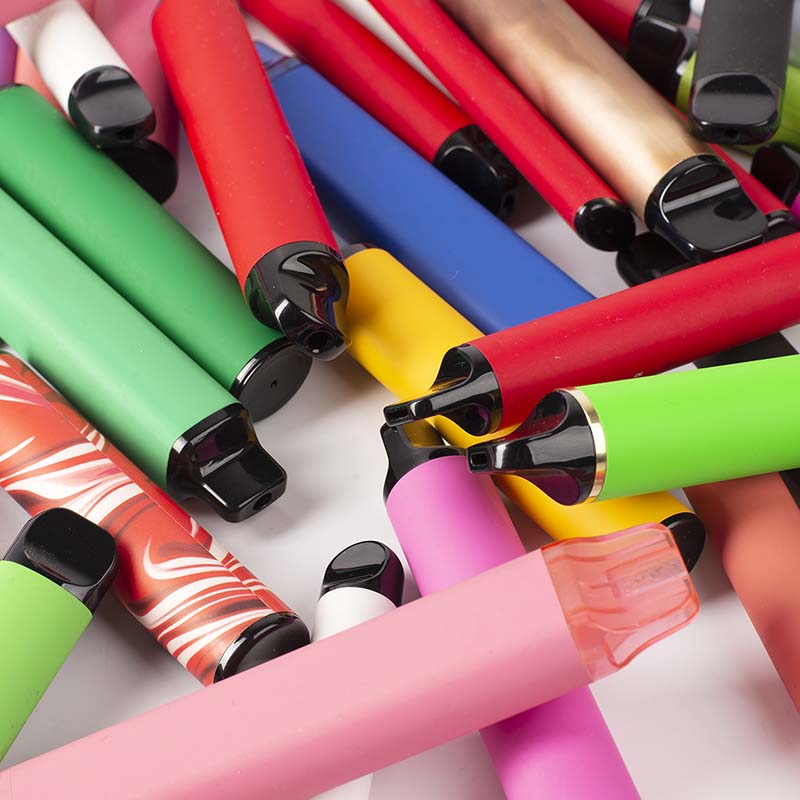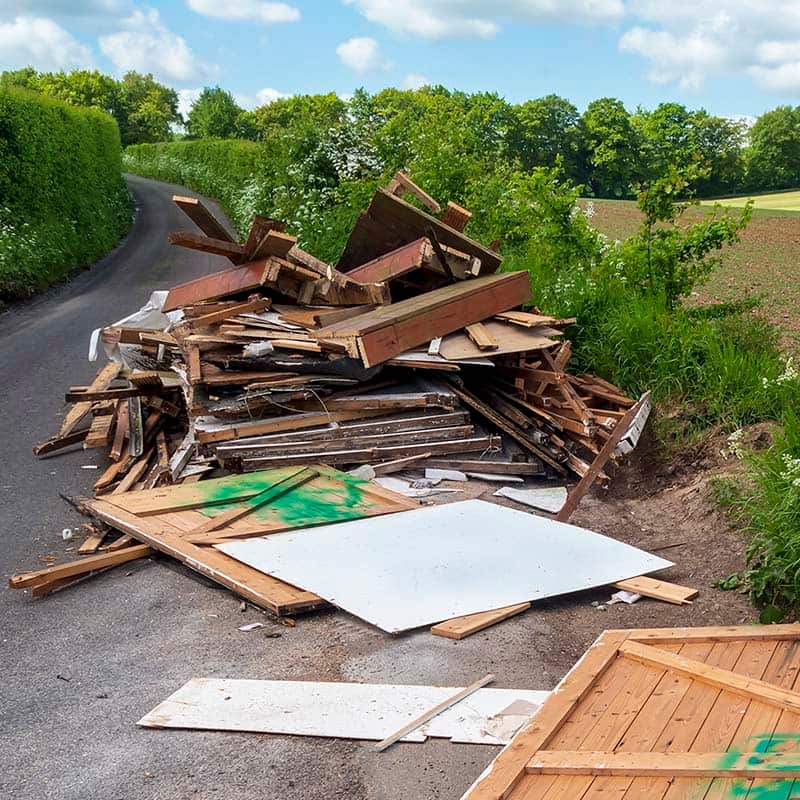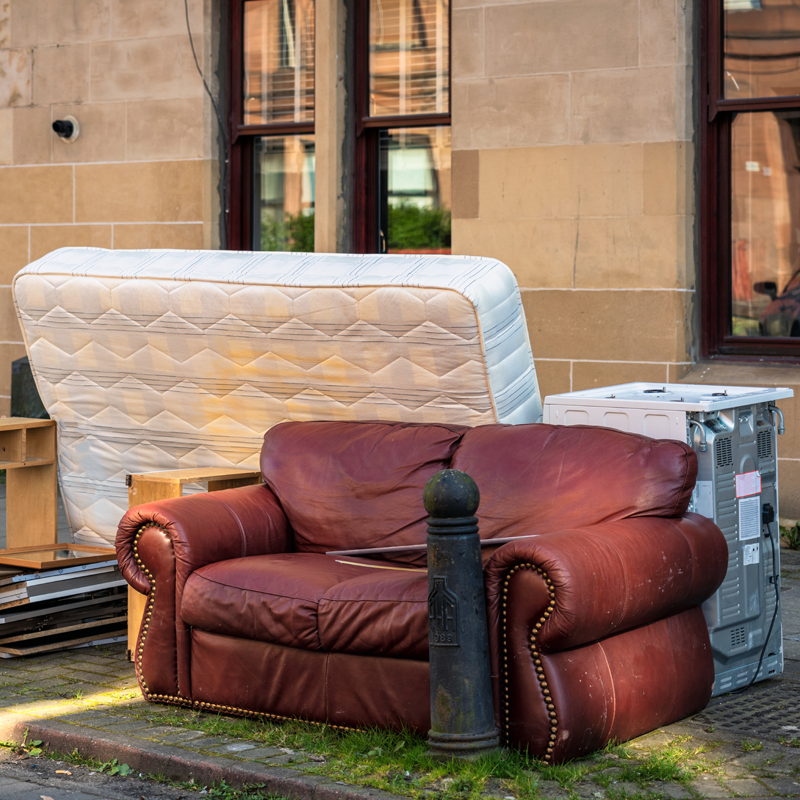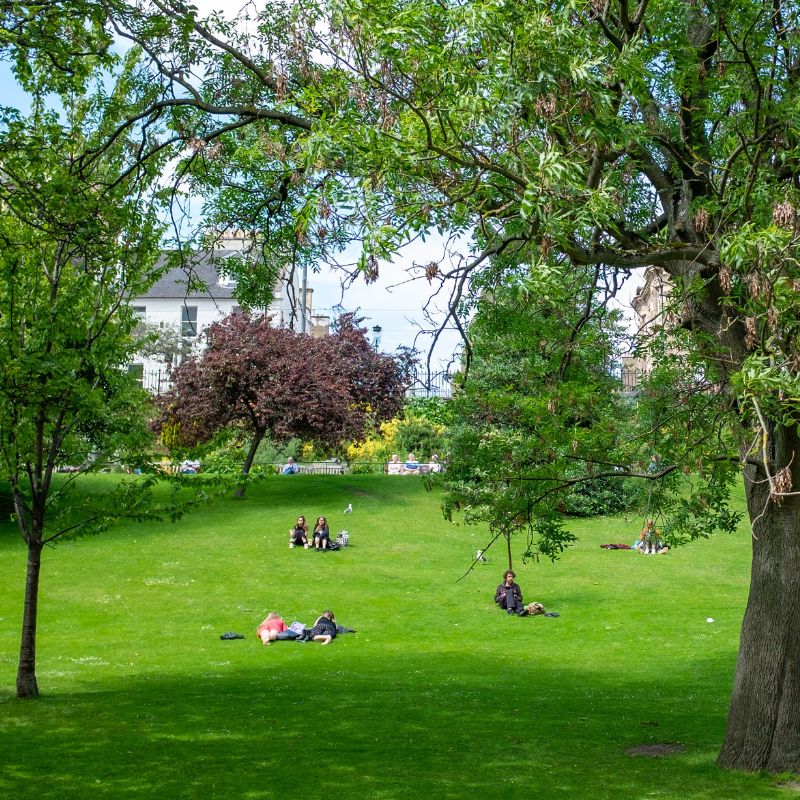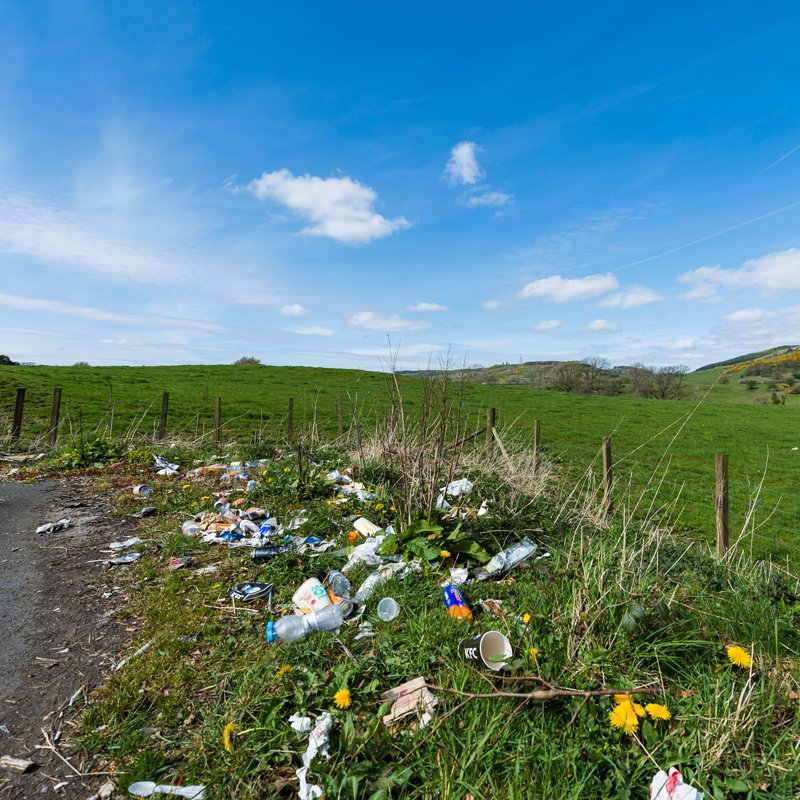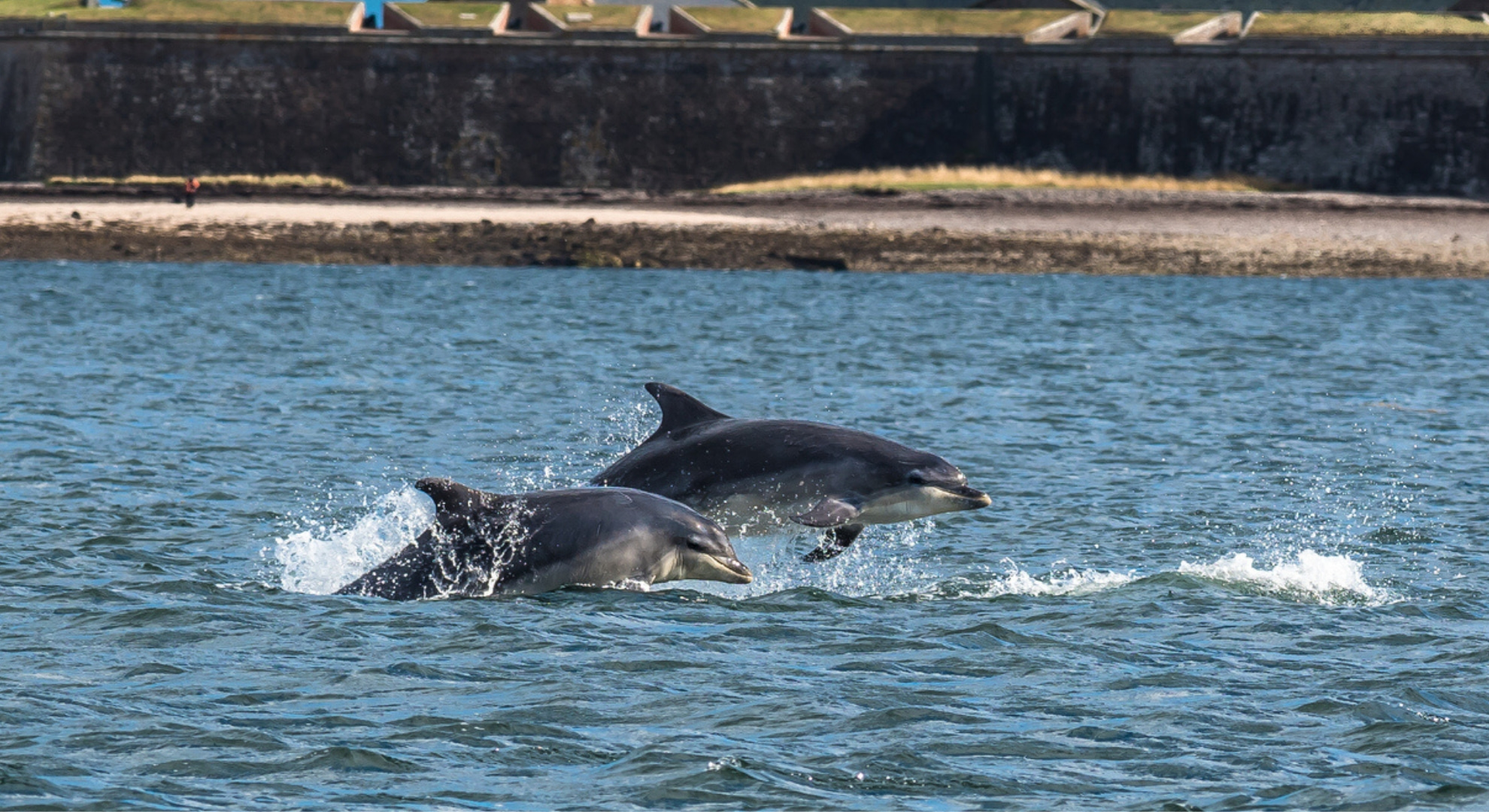
Reducing Pollution
We all have a responsibility to reduce pollution by helping to prevent litter and flytipping in Scotland. Not only is it an eyesore, ruining Scotland's natural beauty, but it also impacts on our wildlife and marine environments.
What is pollution?
The way we currently produce, consume and dispose of materials is damaging our environment by creating waste and harmful gases. We need to find new ways to prevent waste pollution happening in the first place by reducing our consumption of disposables.
Litter
Flytipping
Marine pollution
Hazards
Taxpayers in Scotland are footing the bill for £53 million every year to clear up litter & flytipping
Share on
Why is reducing pollution important?
Improves biodiversity and protects wildlife.
Litter and flytipping has been shown to negatively impact house prices.
Helps to create happier communities with improved health and well-being.
Lowers the chance of injury from rubbish like broken glass or rusty cans.
Littered areas attract more litter, with people more likely to drop litter somewhere that already has a problem.
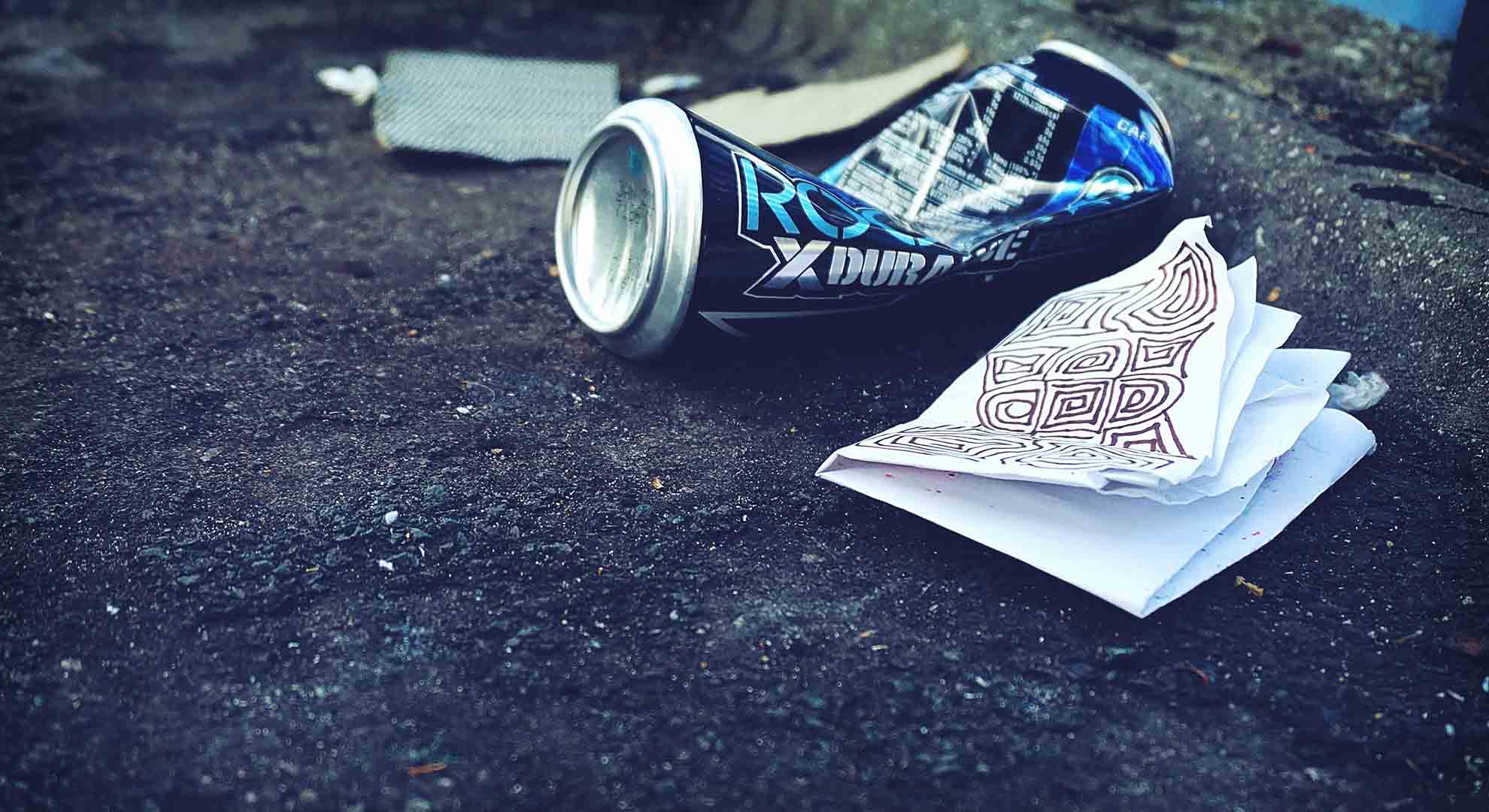
What can you do to prevent litter and flytipping?
We all have a responsibility to help stop litter & flytipping. Here’s how you can play your part to help protect our environment and reduce public spending on such an avoidable problem.
Take the next step
Volunteer
Take part in a community clean-up or litter pick.
Pop it in your pocket
If you can't find a bin, pop your rubbish in your pocket until you get home.
See it, report it
Report flytipping to your local council.
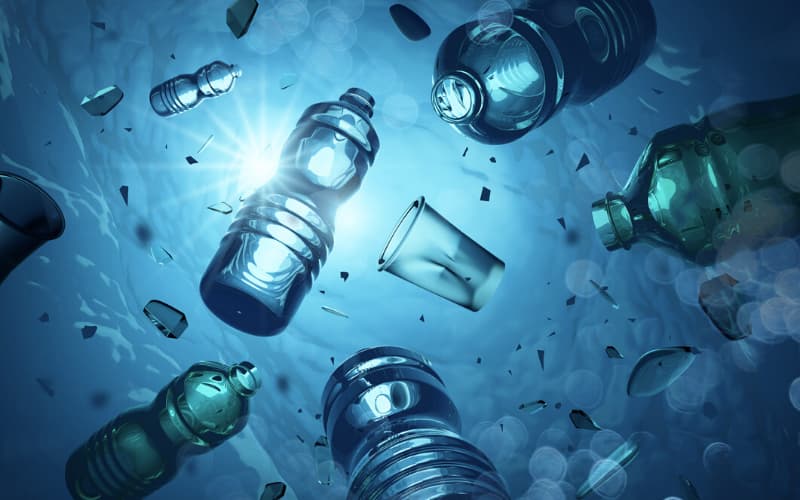
What is marine litter?
Much of the litter dropped on land - like drinks bottles, crisp packets and cigarette butts - makes its way to the sea through our drains, rivers canals and other waterways along with materials flushed down toilets and waste from manufacturing products.

